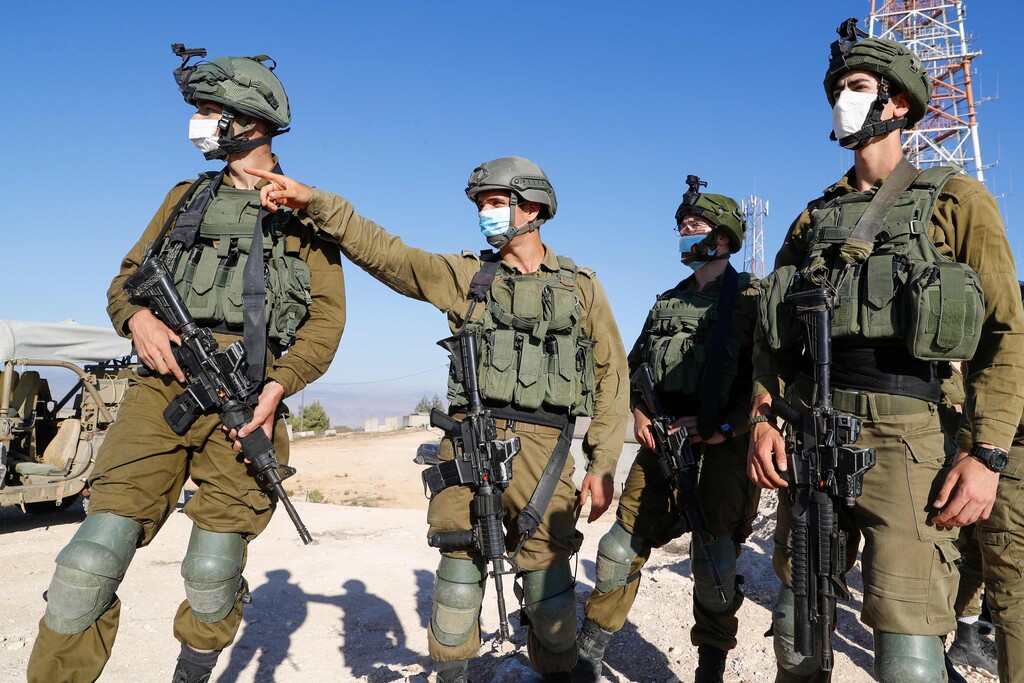Getting your Trinity Audio player ready...
The events of the past weeks involving the Israeli military and its senior command cannot be ignored.
While some will brush them off as just a series of unfortunate events and that in days past Israel had seen far worse, the reality is that something very bad is happening to the Israel Defense Forces. If the situation will not be rectified immediately, the events currently unfolding might have far-reaching consequences in the future.
First and foremost changes must be made at the tactical level. The riots on the Gaza border fence over the weekend, which resulted in Border Police Staff Sergeant Barel Hadaria Shmueli being critically wounded by gunfire, show that field commanders are incapable of preparing their forces for operations.
On the face of it, the problem rests with those at the helm of the Gaza Division, but in reality, all plans are approved by the chief of staff.
Saturday's event could be seen as a one-time fluke given that in recent years only one IDF soldier was killed during riots on the border fence – Staff Sergeant Aviv Levy in 2018.
Soldiers serving on the southern frontier tell of how they feel that their arms are tied when it comes to rules of engagement.
No other army in the world would allow such a violent riot to be staged so close to the border. Just to remind you, Shmueli was wounded after a Gaza militant fired point blank at his head through a hole in the perimeter fence.
6 View gallery
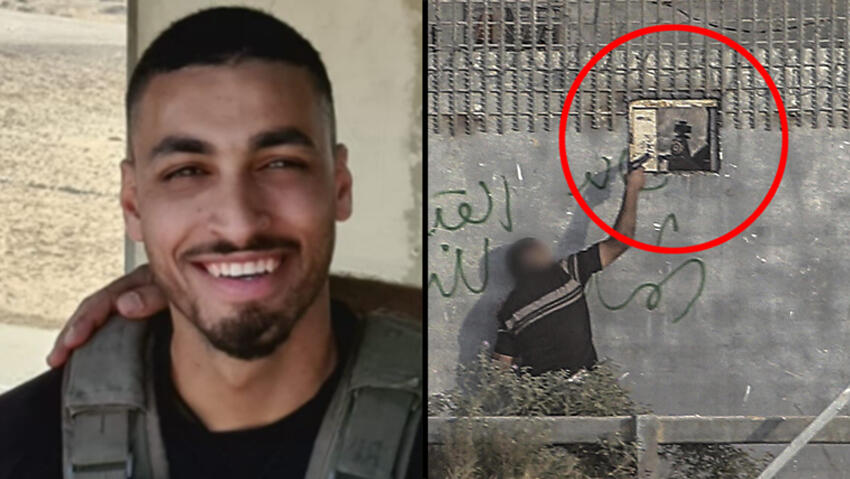

Border Police Staff Sergeant Barel Hadaria Shmueli and the Palestinian hot shot him through the Gaza border fence on Saturday
(Photo: EPA)
This incident also comes less than three months after the 11-day Gaza war in May, which erroneously was sold to the public by the government as a huge success and Saturday's incident proves it.
Despite all the investment in "smart bombs," Iron Dome and all kinds of advanced weaponry, the war ended with only 100 dead terrorists.
The military's reluctance to use the full extent of its force is going to be its downfall.
When three Hezbollah terrorists had attempted to infiltrate the Har Dov outpost along the Lebanon border last year, IDF Chief of Staff Lt.-Gen. Aviv Kochavi ordered the soldiers to not kill them in order not raise tensions on the northern frontier.
In reality, this kind of tactic only boosts the Iran-backed, Shi'ite terror group's confidence to the point that it feels confident to fire over 20 rockets into Israel, like it did earlier this month.
6 View gallery
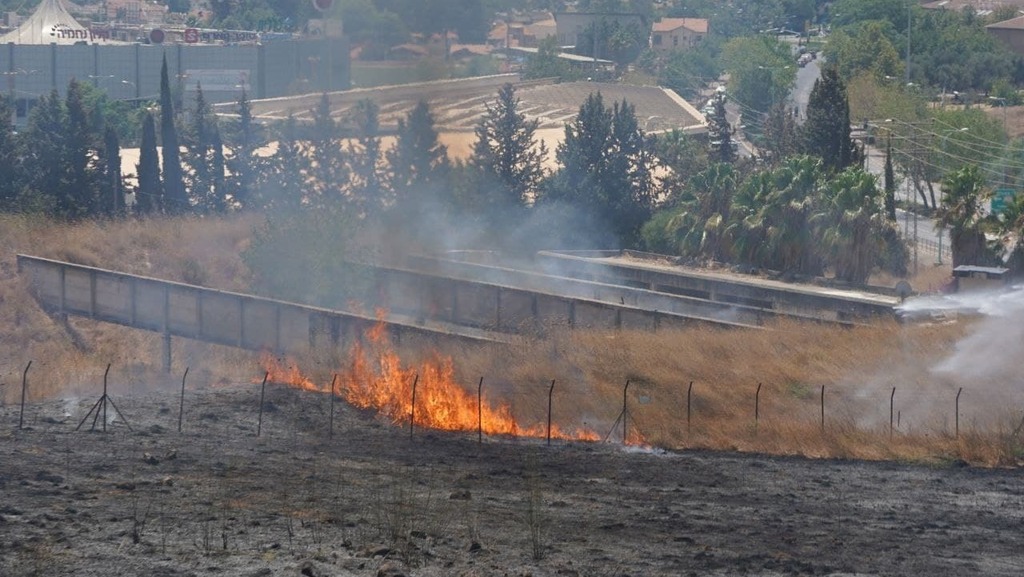

Fire that erupts near Kiryat Shmona following rocket fire from Lebanon
(Photo: Efi Shrir)
The Lebanese front has started to resemble Gaza, with "trickling" of rockets becoming the rule rather than exception.
The IDF is also mired in organizational troubles, which went all but unnoticed to the public due to the coronavirus pandemic.
For instance, while soldiers in combat units justly slam their meager salary that has not been raised for over six years, Kochavi and Defense Minister Benny Gantz wage battles in the government to increase pensions for officers and retired personnel.
While young people from rich families head off to serve in prestigious units like 8200 (IDF's Intelligence Corps) and come out of the army with five-figure salary job offers, those from low socioeconomic background are forced to take up combat roles. It is time for some justice to be done and have those serving in combat to be compensated fairly.
6 View gallery
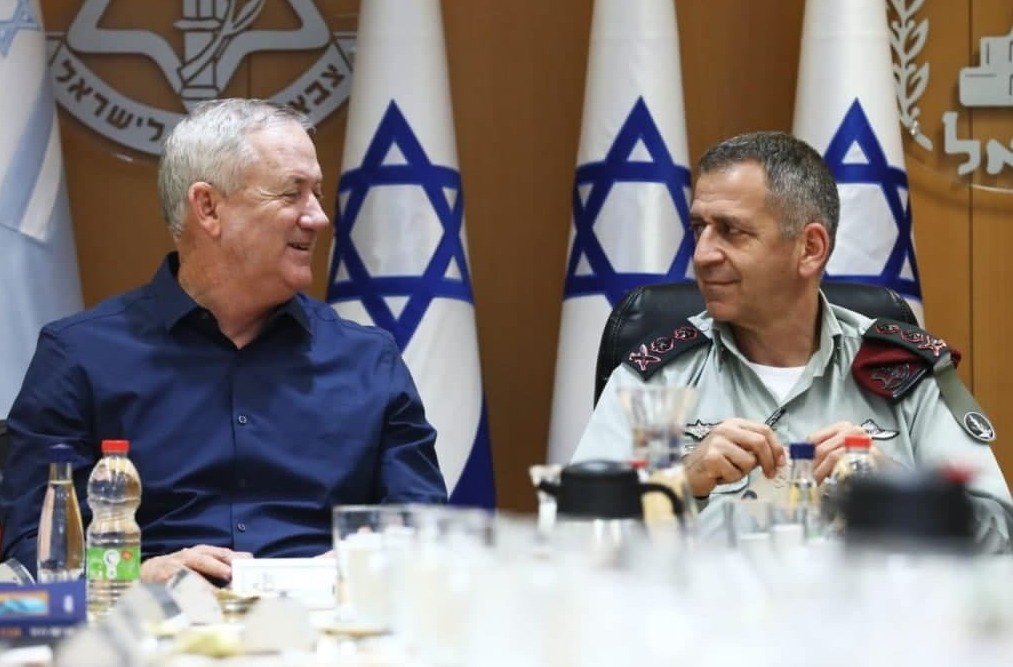

Defense Minister Benny Gantz and IDF Chief of Staff Lt.-Gen. Aviv Kochavi
(Photo: Elad Malka)
It is completely preposterous that in order to survive a three-year service, a soldier needs financial aid from his family or goes into debt.
This inequality later continues into civilian life when these soldiers find it hard to be accepted into university or get a steady job.
And don't get me started on the kind of conditions soldiers have to endure in military bases. Kitchens and living quarters are unfit for a human being and while some high-ranking officers enjoy expensive cuisine, their soldiers are forced to consume meals that are subpar at best. Not to mention lackluster medical care and unfit military doctors.
Finally, the painful issue of transportation. Thousands of soldiers are forced to cram into buses every Sunday and Thursday because the army apparently doesn't have the means to book enough shuttle rides to take the troops to and from bases.
6 View gallery
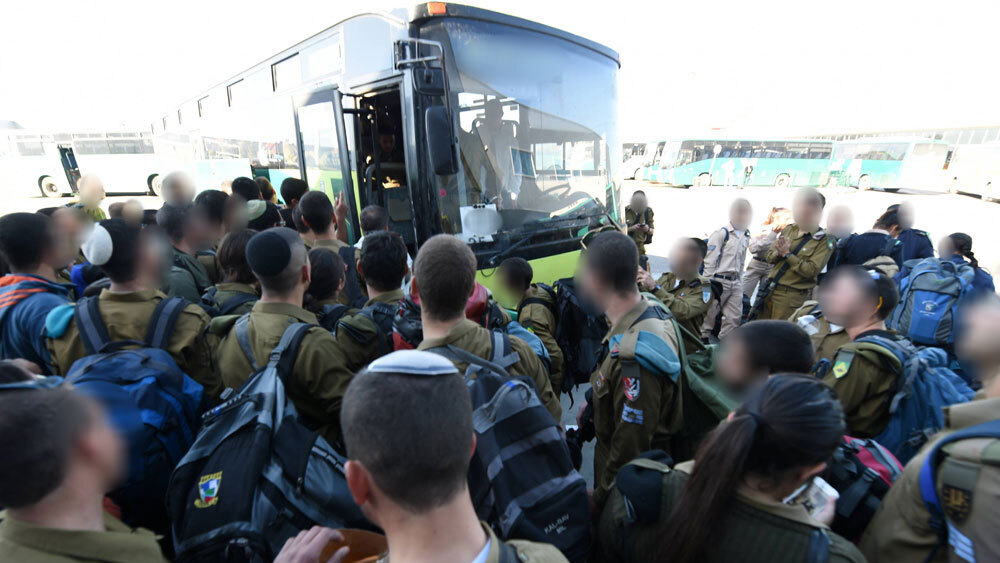

Crowded lines of soldiers waiting to board a bus at Be'er Sheba Centeral Station
(Photo: Haim Horenstein)
When all these basic needs are not met, soldiers are forced to spend their own money, increasing the wealth disparity further and further.
There are two potential solutions to this problem that Kochavi and Gantz have failed to implement.
Firstly, the IDF must revise its recruitment policy and make national service something young people should not be ashamed of.
Those who are fit, will go to the military and be compensated accordingly. The rest could join organizations like the MDA, Fire and Rescue Authority, Israel Police or even volunteer at hospitals and geriatric facilities. It is also time for the state to finally put a cap on the number of yeshiva students who are exempt from any kind of service, military or national.
6 View gallery
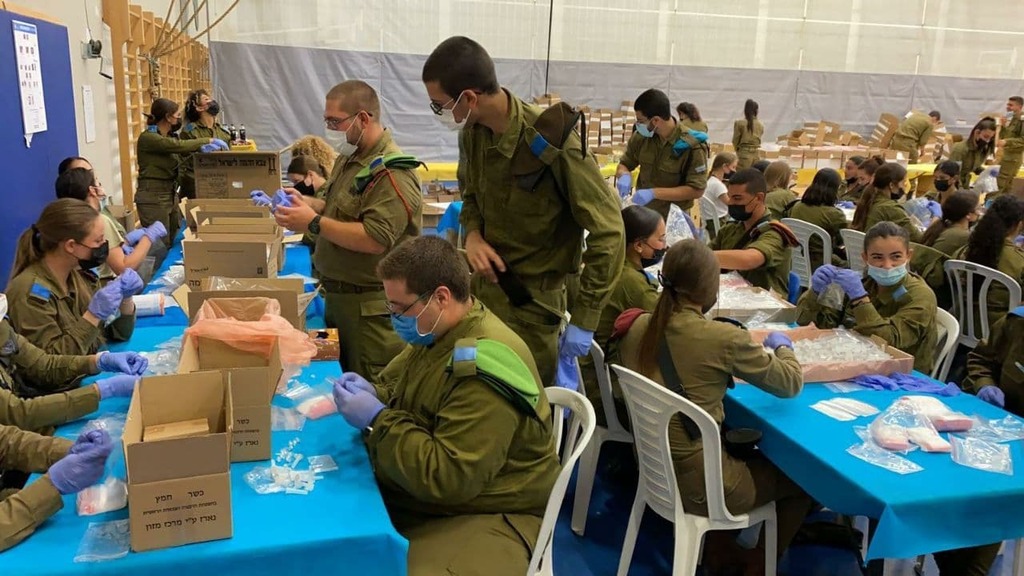

IDF troops help conduct serological tests for students
(Photo: The IDF Spokesperson's Unit )
Secondly, do away with the bloated pensions and raise the salaries of soldiers who are working around the clock be it on the frontier or on the home front.
These changes require more leadership and less speeches. Public trust in the IDF is decreasing and if something is not done soon, the public faith and dwindling motivation to enlist will never rebound.
Kochavi has about a year and a half to pull this through and let us pray he does.


